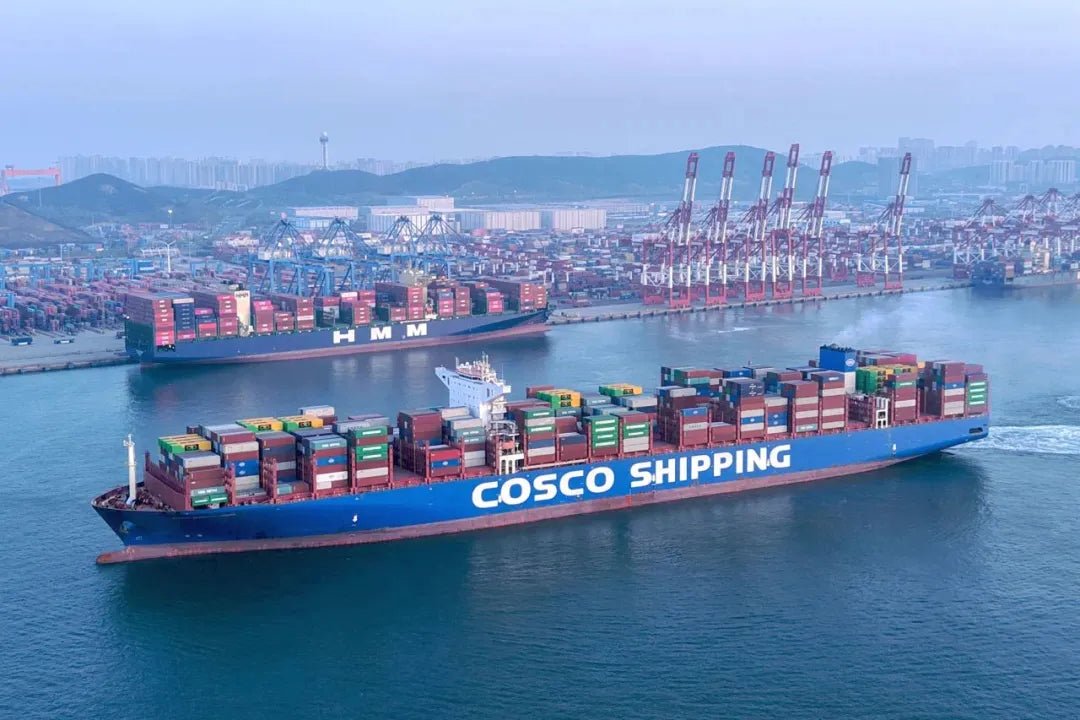On April 18, 2025, Azima, a university student in Los Angeles, took to Reddit with a pressing question: "Which apps are best for buying clothes and cosmetics directly from China?" Her dilemma mirrors a growing trend among American shoppers—turning to Chinese e-commerce platforms to bypass soaring tariffs and secure better deals.


- "DHgate’s" U.S. downloads skyrocketed "940%" in April.
- "Taobao’s" downloads surged "514%", hitting "185,000" in mid-April.
- Chinese apps now occupy "half of the top 10 spots" in the U.S. iOS shopping rankings.
The shift stems from **TikTok exposés** revealing that many "luxury" products—like **$5 Lululemon leggings (retail: $100) or $600 Hermès bags (retail: $23,600)**—are actually made in Chinese factories. Despite brands denying ties to these factories, the allure of cutting out middlemen has driven Americans straight to the source.
Trump’s "145–245% tariffs" on Chinese goods have sent shockwaves through U.S. households. Yale University estimates that low-, middle-, and high-income families could lose "$1,300, $2,100, and $5,400 annually", respectively.
Despite the hype, challenges remain:
- Language barriers: Many struggle to switch Taobao to English.
- Shipping headaches: Direct shipping is expensive ("$60+ for 3kg"), forcing buyers to rely on "consolidation warehouses" or group orders.
- Scams: Unreliable freight forwarders often impose hidden fees.
While platforms like "DHgate" report "20x more new buyers", others, like "Temu", see only modest dips. Some Taobao sellers, like home decor vendor Xia Jie, confirm "more international orders"—but suspect most are from overseas Chinese using forwarding services.
On "Xiaohongshu (Little Red Book)", Americans are crowdsourcing shopping tips, while logistics companies and resellers jostle to capitalize on the trend. The question remains: Will this traffic translate into lasting demand, or fade once tariffs bite harder?




